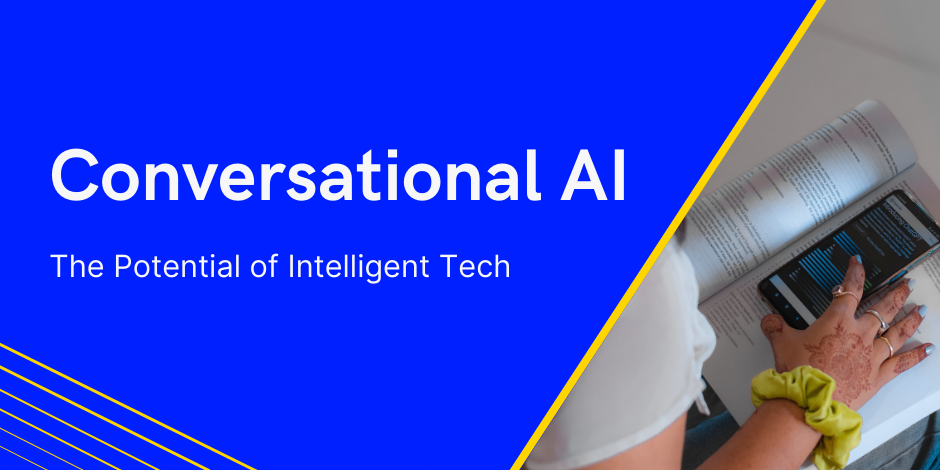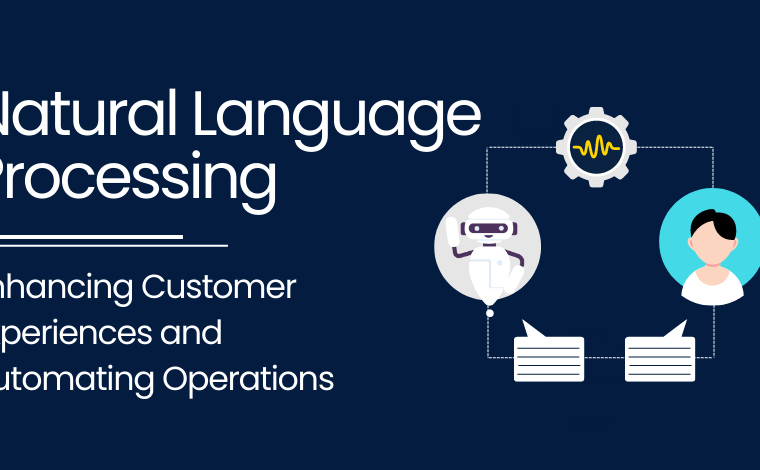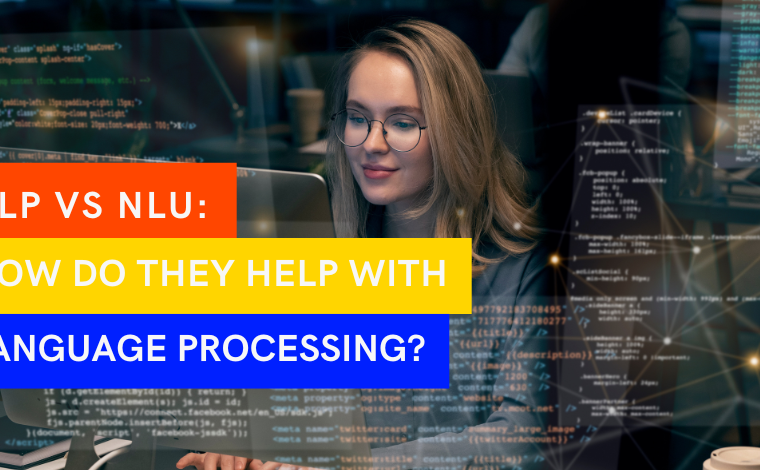Conversational AI: The Potential of Intelligent Tech

Stay Informed With Our Weekly Newsletter
Receive crucial updates on the ever-evolving landscape of technology and innovation.
Conversational artificial intelligence (AI) tools like virtual assistants and AI chatbots have become increasingly popular in the post-pandemic world as more businesses integrate AI solutions into their processes to improve the customer experience for their users. Besides enhancing the overall user experience, these tools can streamline operations and improve scalability for businesses across multiple industries. This popular form of artificial intelligence runs primarily on machine learning and natural language processing (NLP) algorithms that help convert a computer’s output to make it more human-like. However, before any personalised communication between man and machine is made possible, these algorithms must store, analyse, understand, and interpret human language.
Since these tools are bound to be adopted by even more businesses in the coming years, we have compiled a detailed guide that will help you understand and grasp this intelligent tech’s potential while discussing its benefits and how companies use it to interact with customers.
What is conversational AI?

Conversational AI is a type of artificial intelligence often used in modern software based on working with consumer input and providing the correct data per that input’s intention. The technology uses speech recognition, natural language processing, and machine learning algorithms to hold realistic conversations with users on interactive platforms.
There are several applications of such solutions, and we can often see them in industries like healthcare, education, travel and finance. Not only do they allow firms to optimise the user experience and improve their marketing strategies, they can also streamline physical operations and improve overall operational efficiency.
When customers receive the help they need faster, it improves customer satisfaction and long-term loyalty. However, the applications of these AI solutions are not limited to customers alone. Larger firms can also use them to provide more personalised instructions for new employees, save time answering HR queries, and streamline the onboarding processes.
What are some applications of conversational AI?
While there is no doubt that conversational AI is set to transform customer experiences and customer expectations, it will change even more with advancements in customer service standards, natural language processing and machine learning, which will make these AI solutions capable of handling more complex requests, making them a versatile and valuable tool for businesses in a broader range of situations.
For modern businesses in multiple industries, conversational AI tools are a means to streamline operations and be available 24/7. Here are some typical applications of these tools:
Personalised marketing
One of the main benefits of conversational AI tools is their ability to personalise marketing messages and ensure that a user’s interests and preferences are appropriately evaluated before providing any recommendations. In addition, these tools use machine learning models to analyse consumer data, learn from a customer’s requests and answer frequently asked questions.
For example, a cosmetics company could analyse their user’s interaction with their AI-powered chatbots to offer specific product recommendations based on a customer’s skin tone.
Customer services
Another benefit of conversational AI tools like chatbots for businesses is the possibility to automate the customer service inquiries process altogether, which means that the customers are catered to 24/7 with quick response times and relevant answers to their queries. In addition, conversational AI chatbots can be trained to address common customer queries in different languages, environments and situations.
With nearly every user accessing voice assistants through their smartphone, these tools can provide customers with targeted suggestions while answering their product returns, shipping, and availability queries.
Education
Several online learning platforms and learning management systems (LMS) systems integrate conversational AI into their offerings as an added feature. Students can use these AI solutions to ask questions and receive personalised answers to their queries.
For some users, who are hesitant to consult with a teacher or wish to confirm their understanding of a specific topic, these tools can be the perfect solution to get particular answers or access necessary course-related resources. Other than that, some e-learning platforms integrate conversational AI into their complaint forms and membership applications to streamline operations and function more efficiently.
One excellent example of an online learning platform making creative use of conversational AI is Duolingo. The popular language learning app integrates the AI solution into its chatbot and allows users to have a personalised conversation with the tool in the language they are practising. The device stimulates the real-life experience of conversing with a local and provides instant feedback to help users improve their pronunciation and grammar.
Travel

The travel industry also makes the most of conversational AI platforms, allowing travellers instant assistance with everyday activities like booking hotels, rental cars, and flights. In addition, travel companies must update their users with a lot of information, including flight delays, technical or weather-related emergencies, and real-time updates on details relevant to their booking.
With conversational AI solutions, customers can get all this information with a click. In addition, they can also get information about the events they are attending or recommendations for destinations based on their preferences.
Healthcare
The healthcare industry uses AI-powered virtual assistants to remind patients of medication times, schedule appointments with their favourite doctors, or get answers to basic health-related questions. Once these tools are trained to process the targeted queries, they can benefit patients and healthcare providers by gathering patient data at a larger scale and driving actionable insights to make healthcare more accessible.
Financial institutions

Similarly, financial institutions can benefit from using these AI solutions as they can help customers with account management, handling banking transactions, and even providing general account management advice. In addition, there are a lot of benefits of automatic speech recognition technology in financial software where a consumer can perform a series of actions by using their voice with the conversational AI solution.
Some actions that users can take in these instances include transferring money, paying bills, and checking their accounts at their convenience. Other possible conversational AI applications include saving and budgeting their expenditure.
How are modern AI and conversational AI technology improving business operations?

Modern AI and conversational AI solutions are changing how businesses operate in 2023 with the possibility of providing better customer experience, seamless scaling, and a competitive edge to companies in their target markets. With different data analysis tactics, businesses can ensure that they are in tune with current market trends and optimise their support system to cater to general queries with the correct information automatically. The latter is significant for businesses targeting or experiencing growth since it will likely come with more questions and customer interaction.
With the right AI-powered system in place, businesses can automate repetitive tasks freeing up the workforce to focus on more creative work; it is also possible to use machine learning algorithms and AI tools to track business performance in the long term and provide targeted insights into customer behaviours enabling businesses to make better data-driven decisions and drastically improve performance,
Besides providing a better chance of retaining current customers and catering to new ones, generative AI tools enable businesses of every size to perform better in our global world and to stand out with phenomenal results.
Conclusion
Conversational AI is already revolutionising how businesses interact with their employees and customers. This trend will continue to grow with even more personalised AI solutions that provide more efficient results, increased customer engagement and customer satisfaction. The advancements in machine learning, AI, data science, and NLP models will pave the way for this growth, and future innovations, in customised solutions.
These upgrades must address the limitations that hinder the current tools on the market, such as a misunderstanding of cultural differences and a failure to understand the emotional meaning behind consumer inputs. It is also essential to have a diligent management team that can monitor the tool and customise it to fit the needs of the target audience and the overall business goals.
If you want to learn more about conversational AI tools and how they operate, having a solid background in AI and data science is crucial. Whether you are a professional looking to make a career transition or a beginner looking to explore AI, book a career consultation with one of our experts today and get the proper roadmap to joining the industry.



